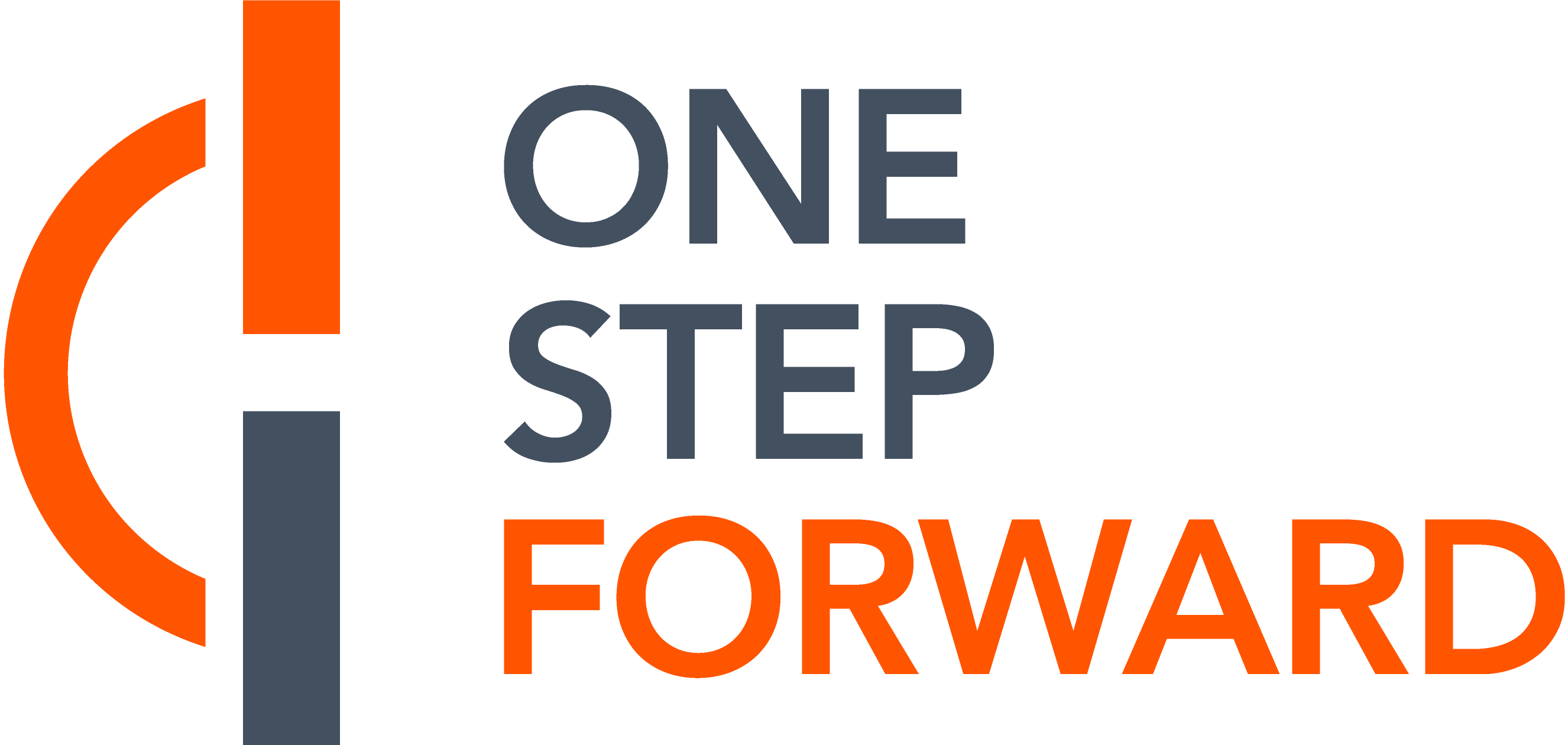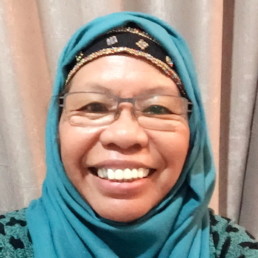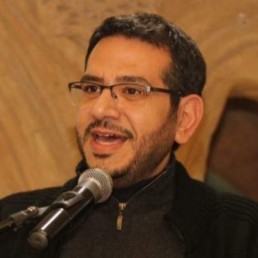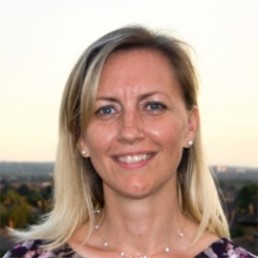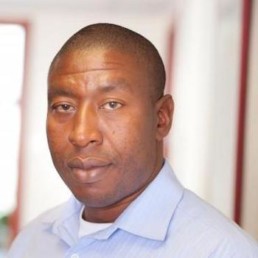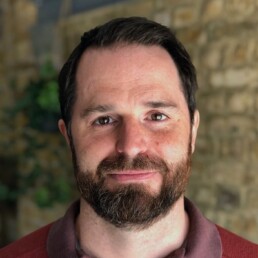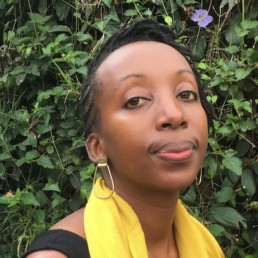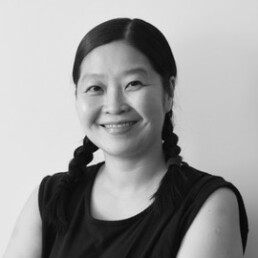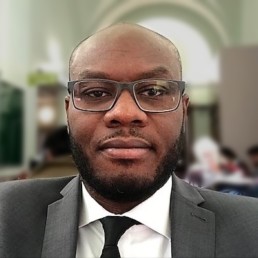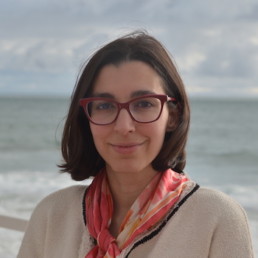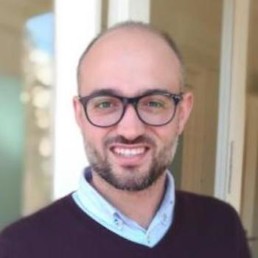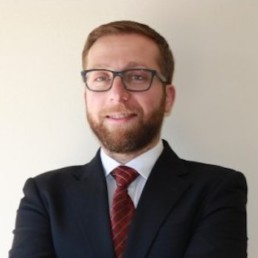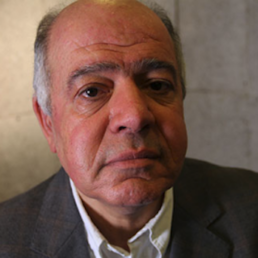Episode notes
Marie-Rose founded ESPWA not long after the 2010 earthquake which killed some 200,000 people. This led into eight years of intensive support to community-driven planning, with particular focus on the Grand ‘Anse region.
We discuss the difficulties of building an inclusive platform in rural areas with little infrastructure and the usual rivalries; her own family’s heritage of political activism; and what it was like to encounter international institutions as the face of a Haitian organisation.
Topics discussed:
[02:05] Pivoting from community development in the United States to rural Haiti. Commonalities in how people can be politically and economically marginalised.
[10:45] Connecting with her family’s roots in political activism in Haiti. First steps in setting up a community foundation in the Grand ‘Anse region, in the wake of the 2010 earthquake.
[24:10] How to develop an inclusive platform in the Haitian context. Early difficulties in communicating this vision to local and international partners.
[35:25] The concentration of attention and resources in Port-au-Prince. Relief and reconstruction after the earthquake, and how this was seen from the Grand ‘Anse.
[40:25] Difficulties in dealing with international donors and multi-national charities. Encountering low levels of trust in Haitian leadership.
[54:55] How to make the community foundation sustainable. Where Marie-Rose wants to go after eight years working on these issues.
[1:05:00] Learning from an often-gruelling experience. The choice between the international development sector and a shark tank.
